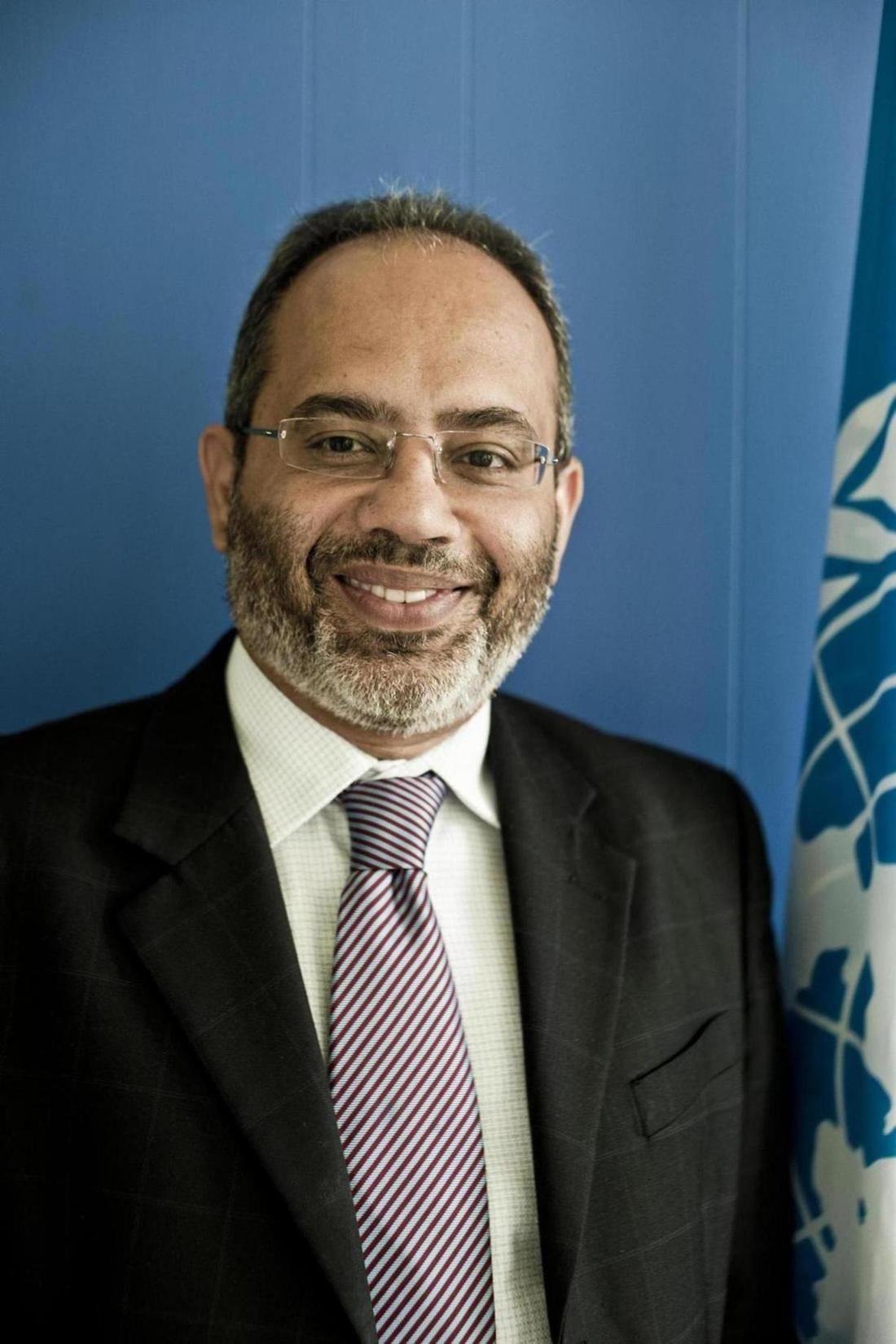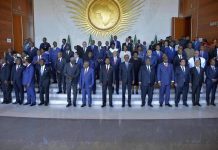Africa-Press – Botswana. The Guinean economist Carlos Lopes and the African Development Bank specialist, George Kararach, argue that Africa needs a structural change that involves industrialization, following the Asian example, but with innovations, namely betting on green industrialization, the internal market and a smart trading.
“In the book, we strongly defend this theory that African countries have to imitate those that industrialized before them more recently, that is, Asian countries. But they also have to do it differently,” Guinean economist Carlos Lopes, co -author of the book “Structural Change in Africa. Misperceptions, new narratives and development in the 21st century”, to be launched on Thursday at the Lisbon Book Fair.
In the work, Lopes and the economist of the African Development Bank, George Kararach, argue that the world has a wrong perception of Africa, fixed in the time of the renaissance, in which the continent is diminished, including in geographic terms. This misperception is reflected, for example, in the fact that rating agencies “have a much higher perception of Africa’s risk than the numbers show”, putting virtually all countries in the category of “junk”, when The continent was the second region with the highest economic growth in the last two decades, only surpassed by Southeast Asia, said the Guinean economist.
The case of sovereign debt is another example of the unequal treatment given to Africa, said the author, questioning how it is possible that the continent as a whole, with 1.4 billion inhabitants, has a sovereign debt equivalent to that of the Netherlands and Belgium.
Lopes, professor at the Mandela School of Public Governance at the University of Cape Town, recalled that Africa is the least funded continent in the world, with only about 1% of the world’s funding, which compromises its development: “If you don’t have funding, you don’t will develop”. And he blames, in particular, international institutions, which, when they arrive in an African country, propose to help countries to capitalize on the comparative advantage, “which is always oil, cocoa, diamonds”, among others.
This means that Africa is always, at the level of world trade, reduced to the export of natural resources without transformation, so “it will never get out of the crooked strain”.
In the book, he argues that it is not possible to solve these problems by making structural adjustment, which was the proposal of international institutions, namely the International Monetary Fund (IMF), for decades in Africa.
“What we need is structural change, not structural adjustment. And this structural change means, in practical terms, that we have to industrialize,” said the economist, who since 2018 has been the African Union’s high representative for negotiations with the Europe.
Lopes and Kararach recognize that African leaders also have responsibilities, by accepting, “because it suits them”, this model of exporting raw materials without processing, which Carlos Lopes calls the “colonial model”.
For More News And Analysis About Botswana Follow Africa-Press






